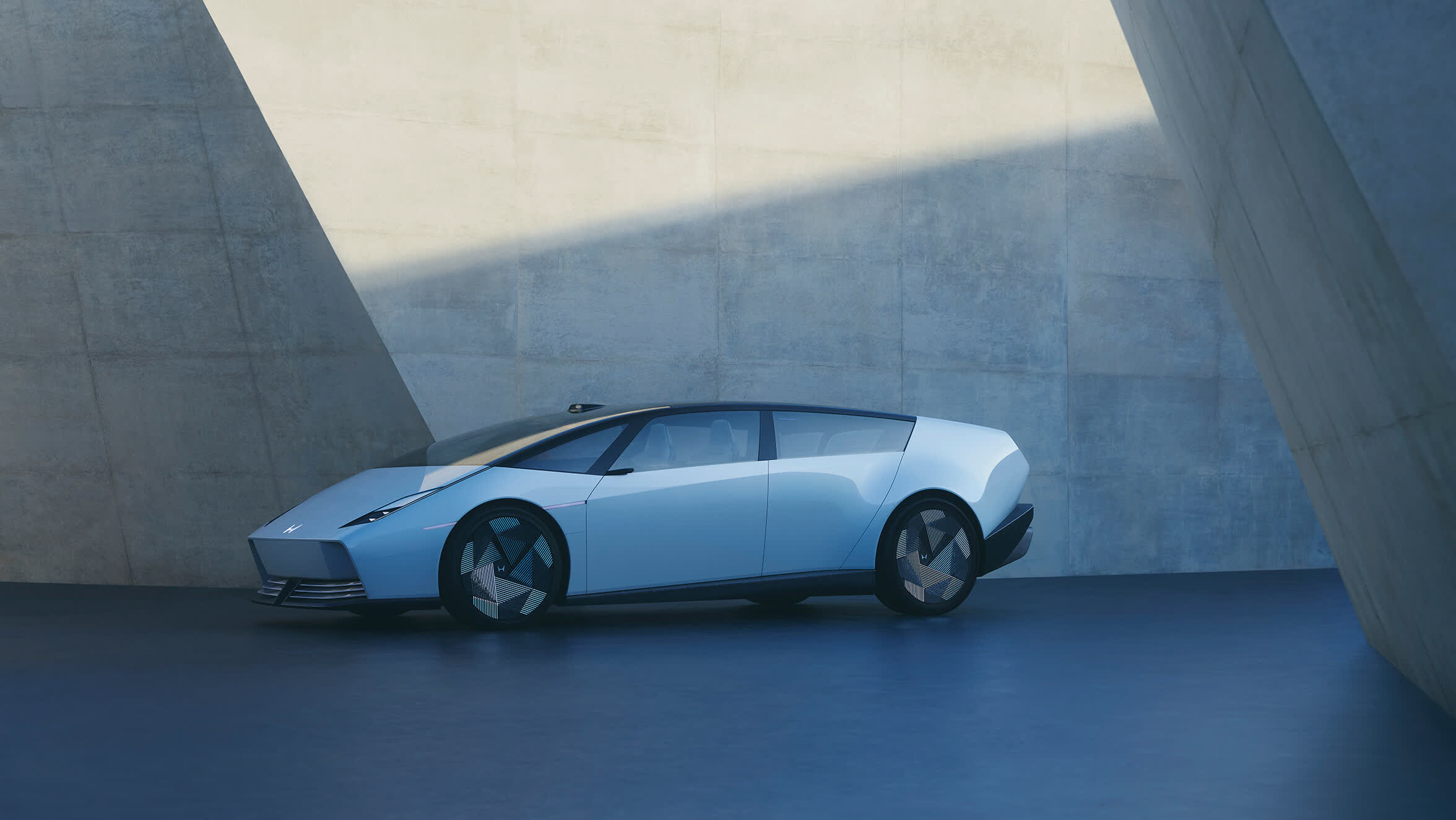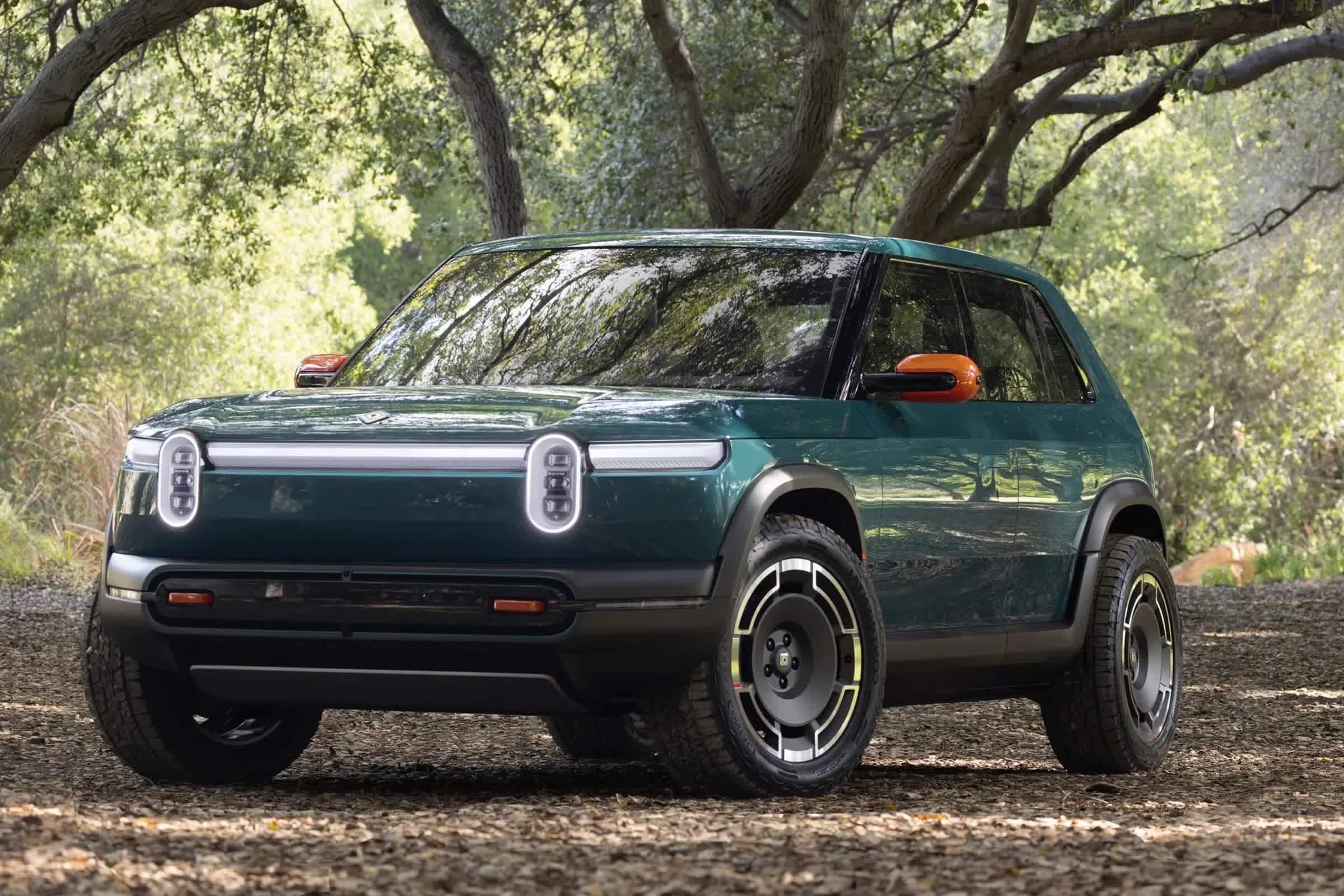Serving tech enthusiasts for over 25 years.
TechSpot means tech analysis and advice you can trust.
Bottom line: The electric vehicle industry is facing a period of turbulence as automakers across the globe adjust their strategies in response to shifting policies and a cooling market in the United States. While EV sales continue to climb worldwide, a wave of delays and cancellations is reshaping the future of many highly anticipated models.
A major turning point for the US market arrived with the recent passage of President Donald Trump's $3.4 trillion "Big, Beautiful" budget bill, which included the abrupt end of the federal EV tax credit. Set to expire at the end of September, the $7,500 credit has long been a cornerstone of EV affordability for American consumers. The new law, which also reversed stricter emissions standards, has left automakers scrambling to adapt their product plans and pricing strategies.
Dealers are now racing to move inventory before the incentive disappears, but many in the industry fear a sharp drop in demand once the credit is gone. The uncertainty has prompted several manufacturers to pause, delay, or even scrap new EV projects as they gauge the market's next move.
Nissan, once an EV pioneer, is scaling back its ambitions. Production of the next-generation Leaf, a key part of Nissan's recovery strategy, has been reduced due to rare earth mineral shortages and the looming end of US tax credits. Two new electric SUVs planned for the company's Mississippi plant have also been pushed back by nearly a year, with the Japanese firm citing slowing demand and policy headwinds in the US as key factors.
Ford, another major player, has canceled its planned three-row electric SUV, a project that had already been delayed before the latest policy changes. Instead, Ford is focusing on hybrid models and a new generation of electric pickups, shifting away from its earlier EV-heavy investment strategy. The company's decision is expected to cost up to $1.9 billion in write-downs and reflects a broader trend among automakers to prioritize hybrids and conventional vehicles in the near term.

Honda has also altered its course, halting development of a large electric SUV that was scheduled for a 2027 launch. This move follows an earlier decision to end a joint EV project with General Motors. While Honda still plans to introduce its Honda 0 models in the US next year, the company has scaled back its EV investment through the end of the decade.
Luxury brands are not immune to these shifts. Lamborghini, for example, has postponed the launch of its first fully electric vehicle to 2029, citing a lack of readiness in the high-performance market segment. The Italian automaker will instead focus on hybrid models for the foreseeable future, joining competitors in taking a more cautious approach to electrification. Ferrari, meanwhile, is preparing to debut its first all-electric car later this year, but the company has not committed to a timeline for a second EV amid concerns about demand for high-priced electric sports cars.

The landscape is equally challenging for newcomers and brands targeting budget-conscious buyers. Rivian, buoyed by fresh investment from Volkswagen, remains committed to launching its R2 SUV in 2026, though details about its more affordable R3 hatchback remain scarce. Slate Auto, which had promised a sub-$20,000 electric truck thanks to federal incentives, has been forced to raise its expected price into the mid-$20,000s after the loss of tax credits.
Volkswagen is seeing global success with its EV lineup, with sales rising by about 50 percent in the first half of 2025. However, the company is struggling to gain traction with its ID.Buzz electric van in the US, casting doubt on whether its more affordable models, such as the ID.EVERY1 and ID.2all, will make it to North American showrooms.
Tesla, the market leader, is also feeling the pinch. The company is on track to sell fewer EVs for the second consecutive year and has yet to announce a release date for its long-rumored affordable model, which is expected to be a less expensive version of the Model Y.
While US automakers grapple with policy changes and wavering consumer demand, China's EV market continues to expand rapidly. The country now accounts for nearly two-thirds of global EV sales, dwarfing the US share. Analysts estimate that China's battery-electric market is seven times larger than that of the United States, and the gap is expected to widen further in the coming years.
Despite the current wave of delays and cancellations, industry experts believe that electric vehicles are not going away. Many consumers who have switched to EVs are sticking with them, and the technology continues to improve. However, the pace of adoption in the US will likely slow as incentives fade and automakers take a more cautious approach to new model launches.








 English (US) ·
English (US) ·